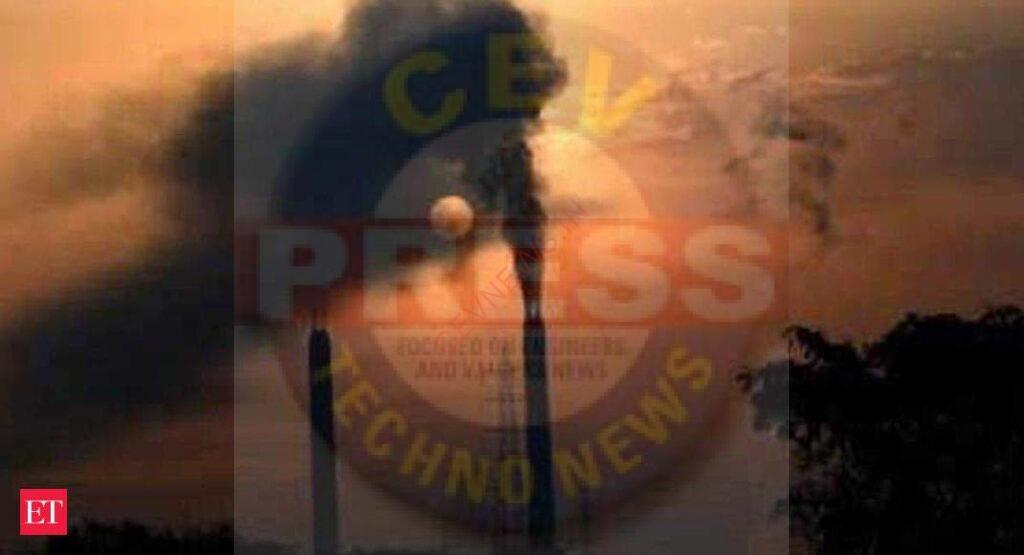“From 2005 levels, India’s carbon emissions fell 24% by 2016 – in the space of 11 years. Between 2016 and 2030 – in a span of 14 years – we’ve to reduce emissions by just 9-11%, but it will be definitely much more than that,” he said.In all probability, by 2025, non-fossil fuel sources would account for 40% of India’s power generation, Gupta said.But any further commitment to cutting greenhouse gas emissions would depend on the fulfilment of the pledge that rich countries provide $100 billion a year in funding to help developing nations tackle climate change.”Our position is tied with something concrete – something very concrete – on climate finance. Climate finance from developed countries to developing countries is an integral part of the whole framework,” Gupta said.He said developed economies, unlike India, have used “the carbon space disproportionately”, and that was why they needed to be carbon neutral, but as a developing nation India could not bind itself to a net-zero greenhouse gas emissions goal.Ahead of a global climate conference in Scotland in November, Britain’s COP26 President Alok Sharma held meetings with government officials and ministers in New Delhi earlier this week.
Carbon footprint: India says to exceed emission cut targets, further reduction hinges on climate fund

India is set to exceed its targets for cutting greenhouse gas emissions and boosting the share of non-fossil fuels in electricity generation but any further commitment to reducing its carbon footprint will depend on climate finance from rich countries, a senior official said.As part of its pledge under the 2015 Paris climate agreement India, the world’s third-biggest carbon emitter after China and the United States, is supposed to reduce its carbon footprint by 33-35% from 2005 levels by 2030. Also, India aims to produce 40% of its power from non-fossil fuel sources by 2030.”We will achieve these goals before 2030, or in other words, by 2030, these goals will be overachieved,” Rameshwar Prasad Gupta, the most senior civil servant at the Ministry of Environment, Forests and Climate Change, told Reuters in an interview.
